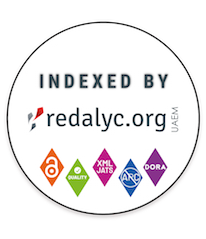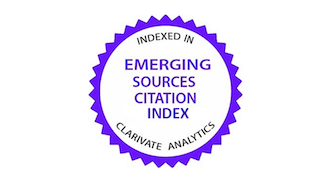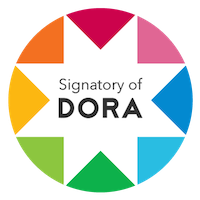Preliminary evaluation of the methodology to determine fish feed flotation.
DOI:
https://doi.org/10.15517/am.v14i2.11948Abstract
Floating capacity for fish
meals is determined by the chemical and physical characteristics
of the raw materials, industrial process and handling post
manufacture. With such diversity of factors, it becomes necessary
to determine at least, the physical quality of the feed,
in order to verify if the amount of feed is adequate to the
fish.s biomass requirements in each pond. Based on this, this
experiment was proposed to determine if the measuring methodology
had repeatability. Based on the results it was concluded
that the process is effective if at least two formulas are
evaluated and that it is convenient to set a five minutes observation
period to evaluate floating capacity of the pellets. It is
recommended to continue conducting studies to evaluate the
physical quality of more rations and sources and specially, try
the evaluations in different water volumes in containers of
varying diameter.
Downloads
Downloads
How to Cite
Issue
Section
License
1. Proposed policy for open access journals
Authors who publish in this journal accept the following conditions:
a. Authors retain the copyright and assign to the journal the right to the first publication, with the work registered under the attribution, non-commercial and no-derivative license from Creative Commons, which allows third parties to use what has been published as long as they mention the authorship of the work and upon first publication in this journal, the work may not be used for commercial purposes and the publications may not be used to remix, transform or create another work.
b. Authors may enter into additional independent contractual arrangements for the non-exclusive distribution of the version of the article published in this journal (e.g., including it in an institutional repository or publishing it in a book) provided that they clearly indicate that the work was first published in this journal.
c. Authors are permitted and encouraged to publish their work on the Internet (e.g. on institutional or personal pages) before and during the review and publication process, as it may lead to productive exchanges and faster and wider dissemination of published work (see The Effect of Open Access).



























